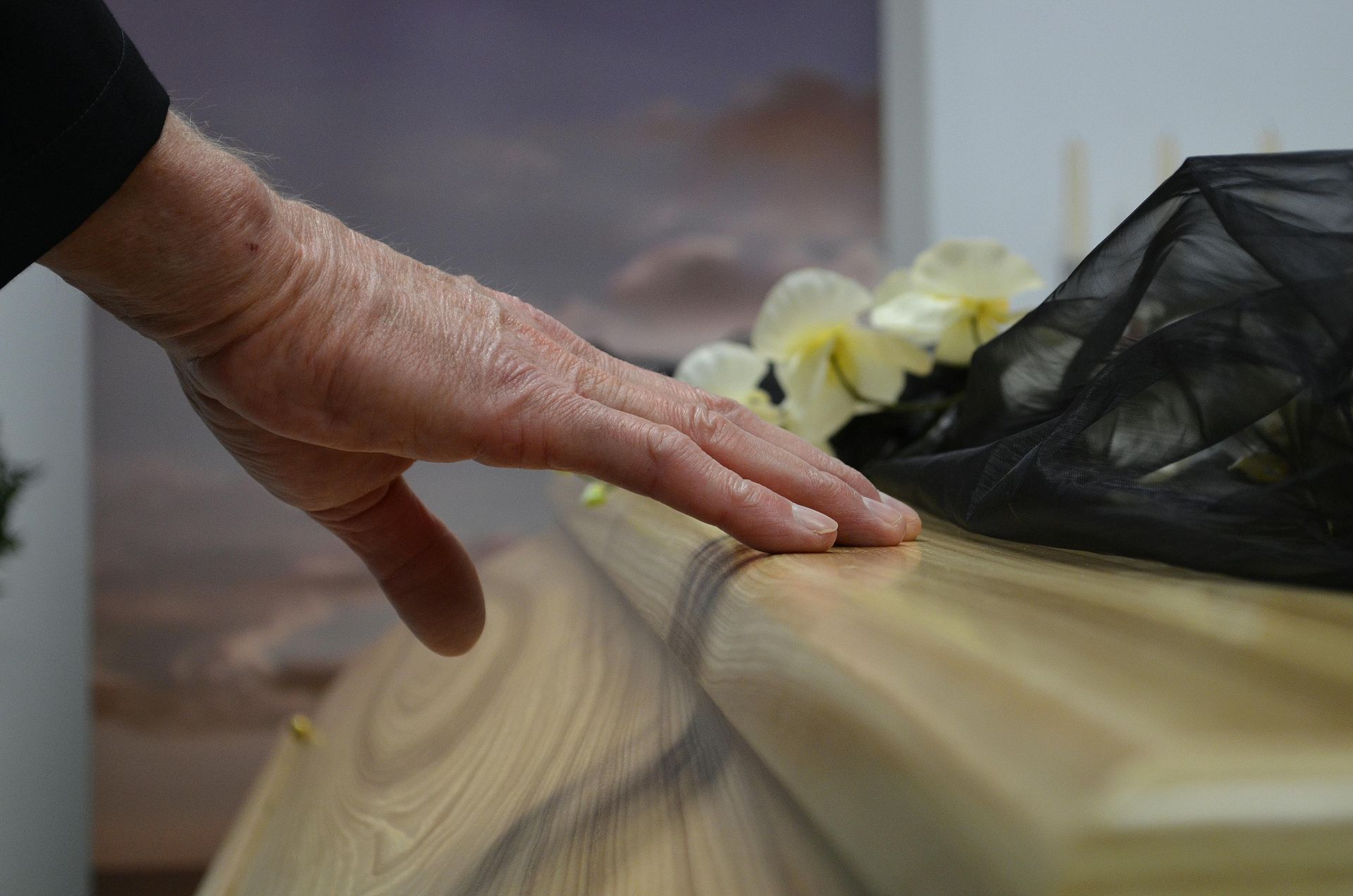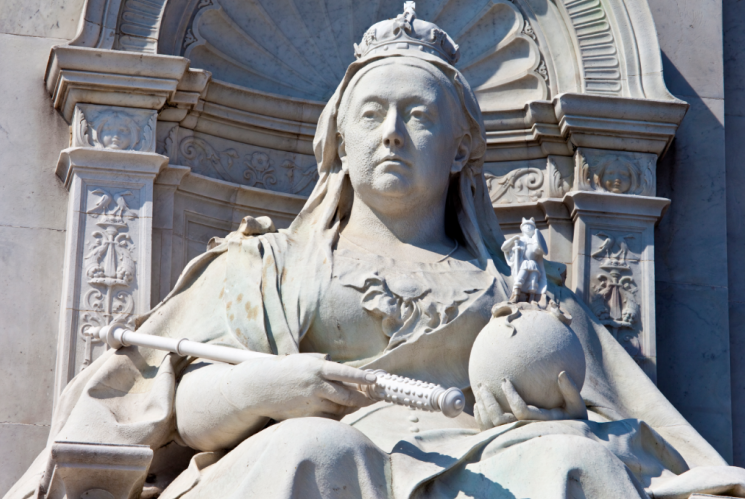Why have a funeral
April 19, 2018
The last life event
When we think about the really big events in our life - whether it be the birth of a baby, marriage or the death of a family member – it is usual to have some sort of ceremony. Sometimes this is very simple and for close family only, other times it can be a large public event.
For thousands of years funerals have helped us say goodbye, acknowledge the reality of loss, and to honour and remember the person who has died. Funerals surround us with the loving care of family and friends at a time when we may be shocked, grieving, confused and really need that extra support. A beautiful funeral can be a reflection of a life well lived but sometimes we need to remind ourselves that tears and sadness are ok as well.
A funeral can be whatever you choose – there are many different ways to say goodbye to the person you love. A simple farewell, a memorial gathering, a private service or a public funeral are all examples of the range of options available these days.
Families often ask us if they can do something special such as provide flowers from their garden, drive to the crematorium in a special vehicle, decorate the casket or farewell their loved one at their home or a significant venue. Our answer is that we will do our best to make it happen.

If you have been keeping up with the news lately you may have noticed several distressing stories about a lack of care demonstrated by some funeral directors when being contracted by bereaved families after the loss of their loved one. There is no government regulatory authority for funeral directors in New Zealand but all funeral directors must comply with legal requirements around care of the deceased as specified in the Burials and Cremations Act. In addition, there are requirements for fair pricing and contracts under the Fair Trading Act, as well as obligations that apply under the Consumer Guarantees Act. We are members of the Funeral Directors Association so adhere to the ethics and standards that are part of our membership. We know that transparency of pricing is important along with ensuring that the options chosen work with families’ budgets. We regularly provide detailed pricing estimates along with information to help with farewell planning. Our many years of experience have also shown us that it is important to be looking at the ‘big picture’ when choosing a service provider. When you engage Gillions to look after arrangements for your loved one you will have the comfort and assurance that they will be well looked after from the time we transfer them to our care until the time we take them to the crematorium or cemetery. Our care for you continues beyond this time as we know that grief does not have a time limit.

We’re often asked whether children should be involved after a family member's death, and if so, how? While you know your children best, our general advice is to include them as much as possible. Children will take cues from the adults around them, so if you're open and honest, they will likely follow suit. Answer their questions directly but avoid unnecessary details unless they're asked. Their inquiries will be shaped by their age and previous experiences, such as the death of a pet. Children under 7 may not fully understand that death is permanent, universal, and involves the body stopping completely. They may ask more literal questions, like "Who will Nan play with in heaven?" or "Who will take me to the park?"

In some cultures, being around the deceased is a natural part of life, but in Western culture, we’ve moved away from this. At Gillions, we believe in supporting families to be as involved as they wish in caring for their loved one after they’ve passed. This may include helping to dress them, spending time with them, or bringing them home before the funeral. While it’s natural to feel unsure about this, we often hear from families that the experience was deeply meaningful. Dressing a loved one can feel like a final act of love, especially if you helped care for them before they passed. We encourage children to be part of this process too.

Grief is a deeply personal journey, influenced by past experiences and the circumstances of loss. When a death is sudden, for instance, grief can feel more complex and harder to navigate than when the death was expected. While many find their own path through grief, others may require additional support









